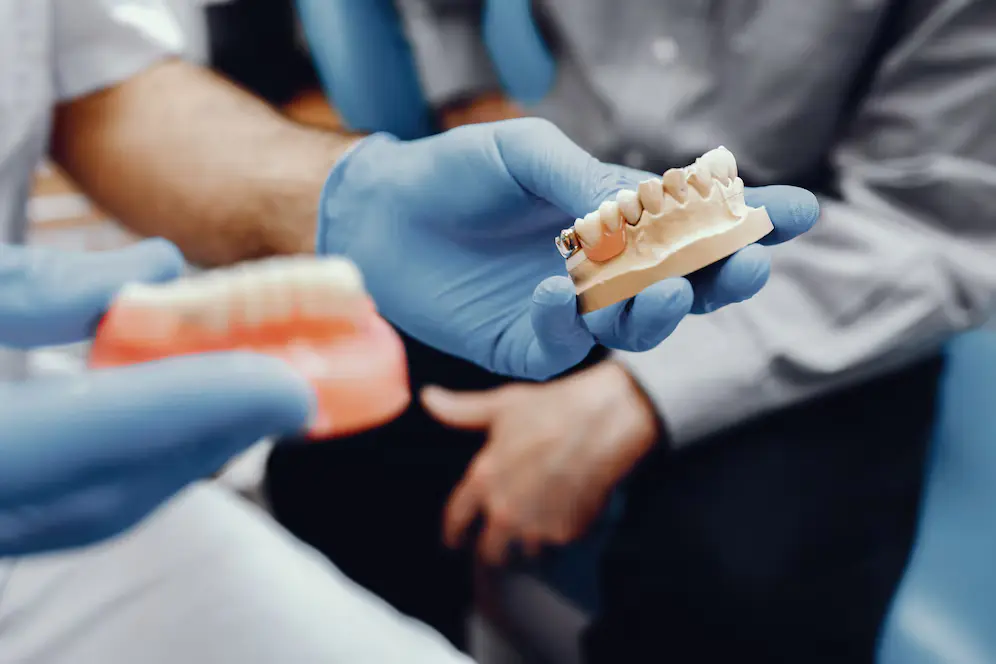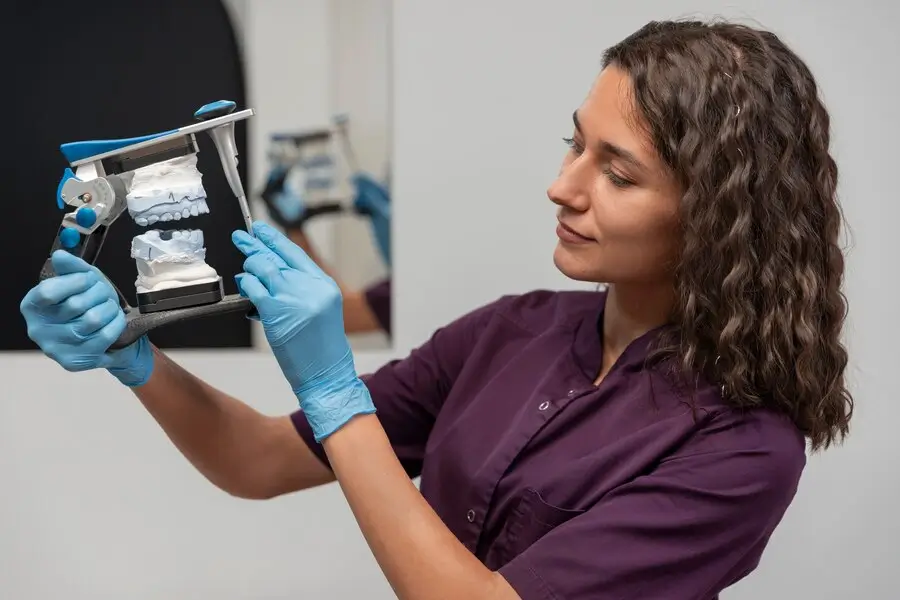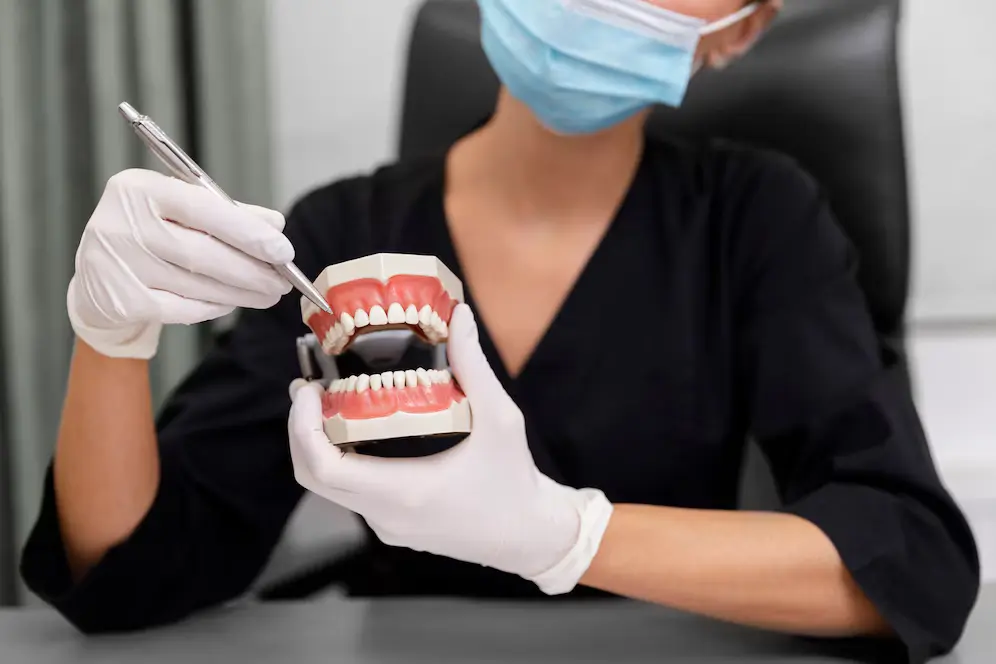What Are Dental Implants?
Dental implants are a solution for replacing missing teeth. They look, feel, and function like natural teeth, it’s one of the best options for restoring a healthy smile. Unlike dentures or bridges, implants are placed into the jawbone. So they have a stronger and more stable foundation.
There are different types of dental implants. Traditional implants are the most common, while mini and All-on-4 implants are used for specific cases. The types of dental implants materials used include titanium, which is highly durable and biocompatible, and zirconia, a metal-free option.
If you’re thinking about implants and looking for a dentist in Clifton, you need to know more about implants and professionals in this area. With advancements in dental implants types, there’s a solution for almost everyone. It doesn’t matter if you’re missing one tooth or need full-mouth restoration. Schedule a consultation to see which option is best for you!
Different Types of Dental Implants
Dental implants are a permanent solution for missing teeth. They look and function just like natural teeth. Unlike traditional dentures, implants are anchored into the jawbone. So they are very stable and more durable than bridges. There are several options for dental implants, dispensing on jaw conditions.
Endosteal Implants
The most common dental implants type, endosteal implants, are placed into the jawbone. These implants are typically made of titanium and need a healthy jaw structure for support.
Subperiosteal Implants
Unlike endosteal implants, subperiosteal implants sit on top of the jawbone but under the gum tissue. If you’re searching for types of tooth implants for patients with insufficient bone and cannot undergo bone grafting, then this is probably your choice.
Zygomatic Implants
Zygomatic implants are the least common, but are a great alternative if you have severe bone loss in the upper jaw. Instead of being placed in the jawbone, they anchor into the cheekbone.

All-on-4 Dental Implants
This technique gives you a full arch of teeth to be supported by just four implants. It’s a great solution if you need a full-mouth restoration without individual implants for each tooth. Among dental implants options, All-on-4 is popular for its shorter recovery time and fewer implants needed.
All-on-6 Implants
Similar to All-on-4 but with six implants for added support. This method has extra stability, especially for patients with higher chewing demands. It’s one of the types of denture implants designed to offer maximum strength.
Mini Dental Implants
Smaller than traditional implants, mini implants are often used when there isn’t enough bone for full-sized implants. They are less invasive, quicker and more affordable alternatives in the different types of denture implants category.
Different Dental Implant Procedures for Full-Mouth Restoration
Types of dental implants, as you may have noticed, are different. What kind of implant do you need? It depends on jawbone health, the number of missing teeth, and personal preferences. You can read a lot about the different types, but it’ll still remain unclear what implant will work perfectly for you until you visit a dentist and get a professional opinion and consultation.
Endosteal Implants
This is the most common tooth implant type. It replaces a single missing tooth with an implant-supported crown. It’s an excellent alternative to a dental bridge. This implant preserves the surrounding teeth without additional modifications.
Subperiosteal Implants
Unlike endosteal implants, subperiosteal implants sit on top of the jawbone but underneath the gum tissue. They are ideal for patients with insufficient bone who do not want to undergo bone grafting. This method falls under different dental implants designed for those who may not qualify for traditional implants.
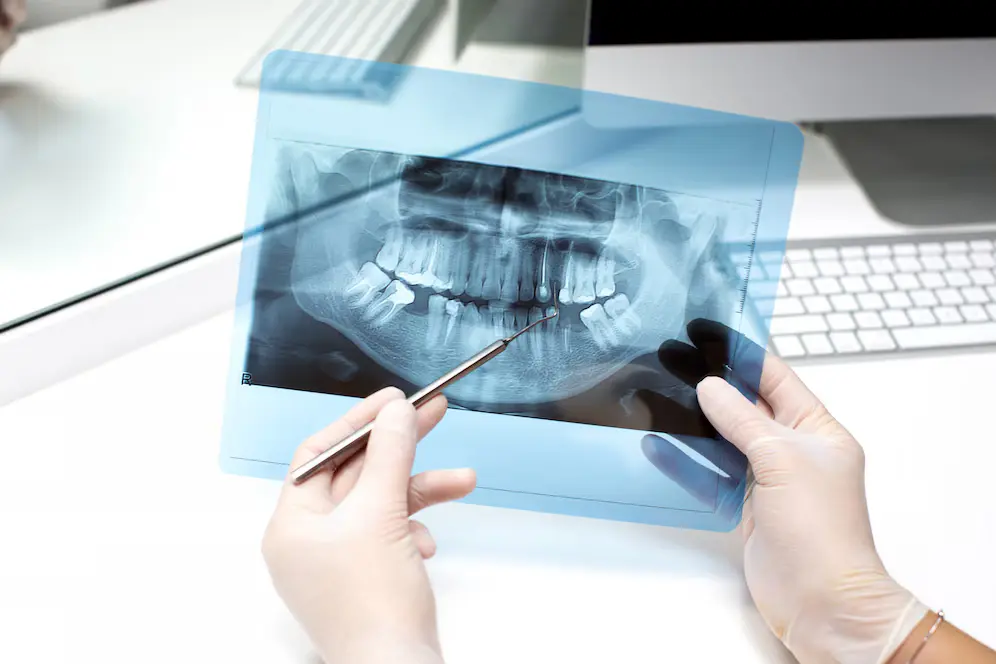
All-on-4 Dental Implants
These types of full mouth dental implants use four strategically placed implants to support a full arch of prosthetic teeth. This method provides a stable and long-term solution for those missing most or all of their teeth.
All-on-6 Implants
Similar to All-on-4, types of full mouth dental implants with six implants offer additional support and stability, especially for those with higher bite pressure or weaker jawbone density. This approach is often considered one of the best types of dental implants for full-mouth restoration.
Mini Dental Implants
Mini implants are a smaller version of traditional implants, used in cases where there is limited bone support. They are often chosen as a less invasive alternative in the types of dentures category, giving better stability than traditional removable dentures.
Overall, choosing the best type of dental implants depends on your dental health, jawbone density, and personal goals.
Finding the Best Dental Implant Option for You
With so many kinds of dental implants available, you need to get a consultation. Understanding different kinds of dental implants can help you make an informed decision.
What Are the 4 Types of Implants? The main categories include:
- Endosteal Implants – the most common type of teeth implants, placed directly into the jawbone.
- Subperiosteal Implants – rest on top of the jawbone for patients with insufficient bone.
- Zygomatic Implants – anchored in the cheekbone for severe upper jaw bone loss.
- All-on-4 Implants – a full-arch solution supported by four implants.
If you’re exploring different kinds of dental implants, schedule a consultation to discuss your best options.
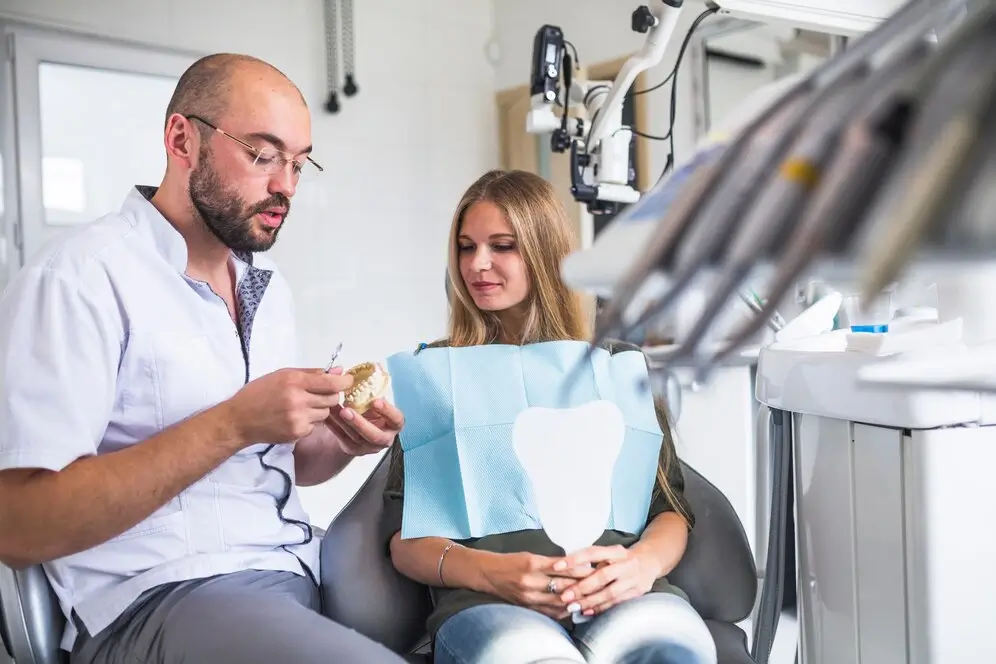
Dr. Doktorman Will Help You Find the Best Dental Implant Solution
Implants are quite expensive and require careful consideration. This is why having an experienced family dentist to guide you makes all the difference. Dr. Edward Doktorman has plenty of practice in restorative dentistry, helping patients regain their smiles with personalized implant solutions.
Dr. Doktorman evaluates your oral health, bone structure, and goals to determine the best approach. He uses the latest techniques and technology for natural-looking results. As a trusted emergency dentist, he can also handle urgent dental issues, including implant-related concerns.
If you’re ready to restore your smile, schedule a consultation with Dr. Doktorman today.

Conclusion
With different types of tooth implants available, including single implants, implant-supported bridges, and full-mouth solutions like All-on-4, there’s an option for every need.
The types of implants for teeth vary based on bone density, overall dental health, and personal preferences. Consult an experienced dentist and get the best recommendation if you need long-lasting results.
FAQs About Different Types of Dental Implants
What Are Some Alternatives to Dental Implants?
If dental implants aren’t the right option, you can get bridges or types of implants for teeth, like implant-supported dentures. Traditional dentures and partials are also options if you need non-surgical solutions.
How Long do Dental Implants Last?
With proper care, implants can last a lifetime. The crown or prosthetic attached to the implant may need replacement over time, but the type of dental implant itself is designed to be permanent.
Which Type of Dental Implants Are Best?
There are different types of dental implants available. Endosteal implants (the most common), subperiosteal implants for those with bone loss, and zygomatic implants for severe cases. Only a dentist can determine the best choice based on your oral health.
Which Are Better: Mini Implants vs. Regular Implants?
Mini implants are smaller and are often used when there isn’t enough bone for traditional implants. They are less invasive, but may not be as durable as regular implants. Mini implants are usually the best for specific cases rather than full-mouth restorations.
Is the Dental Implant Procedure Painful?
Most patients have minimal discomfort during the procedure, because it is performed under local anesthesia. Some mild soreness is normal after, but over-the-counter pain medication is usually enough to manage it.
What Type of Dentist Does Implants?
A general dentist with specialized training, an oral surgeon, or a prosthodontist typically performs implant procedures. If you’re thinking about different types of teeth implants, consult a specialist to determine the best approach.


